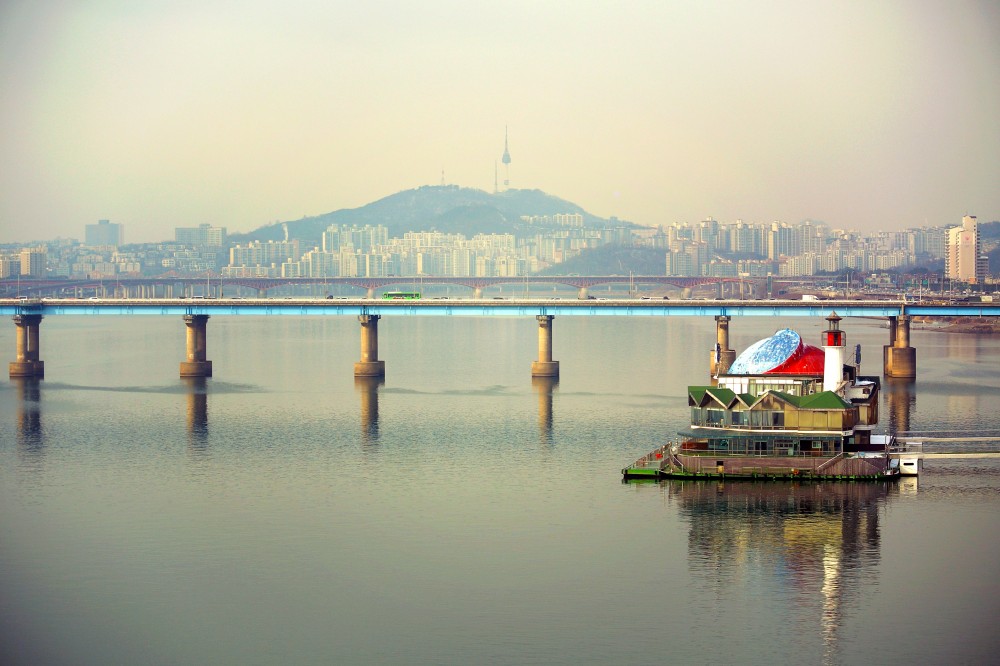The University of Hawai‘i at Mānoa School of Pacific and Asian Studies/Center for Korean Studies invites applications for a postdoctoral fellowship in Korean studies. This is a full‐time, temporary appointment to begin July 1, 2019, and not to extend beyond June 30, 2020, pending position clearance and availability of funds.
The fellowship is open to scholars from all fields of Korean studies, including literature, history, sociology, political science, and anthropology. The purpose of the fellowship is to enable the continuation of research and publication. The fellow will be required to reside in the Honolulu area during the time at the University of Hawai‘i at Mānoa and is expected to participate actively in the intellectual life of the Center for Korean Studies.
Qualifications
At a minimum, the applicant should hold a Ph.D. by June 1, 2019, and should have not received the degree more than five years prior. Desirable qualifications include the ability to speak, read, and write in English and Korean with a professional working proficiency.
Compensation
The selected fellow will receive a monthly stipend of $3,750.00 for twelve months with no additional benefits.
Application Procedure
Applicants must submit the following to kscore@hawaii.edu with the subject line to read “Postdoc_surname_given name”:
1. Cover letter to the Search Committee indicating interest in the position.
2. Curriculum vitae.
3. Dissertation abstract.
4. Research statement. Please include the research that would be accomplished during the fellowship (not more than two pages, single spaced).
5. Two letters of recommendation. The applicant must request that the letter writers (or the dossier service) email the recommendation letters directly to kscore@hawaii.edu.
6. High‐quality copies or scans of transcripts showing degrees and coursework.
The closing date for applications is January 14, 2019. Late or incomplete applications will not be considered.
This fellowship is funded by a Core University grant from the Academy of Korean Studies through the Ministry of Education of the Republic of Korea and the Korean Studies Promotion Service of the Academy of Korean Studies (AKS‐2015‐OLU‐2250005). The grant is to promote Korean studies internationally in higher learning institutions. The grant advances the mission of the Center for Korean Studies to broaden the University of Hawai‘i’s curriculum with Korea‐focused courses and to expand outreach activities related to Korean studies. Publications developed or published while funded by this grant must acknowledge the Core University Grant of the Academy of Korean Studies.
Inquiries may be directed to the Search Committee chair, Professor Young‐a Park, at kscore@hawaii.edu.
